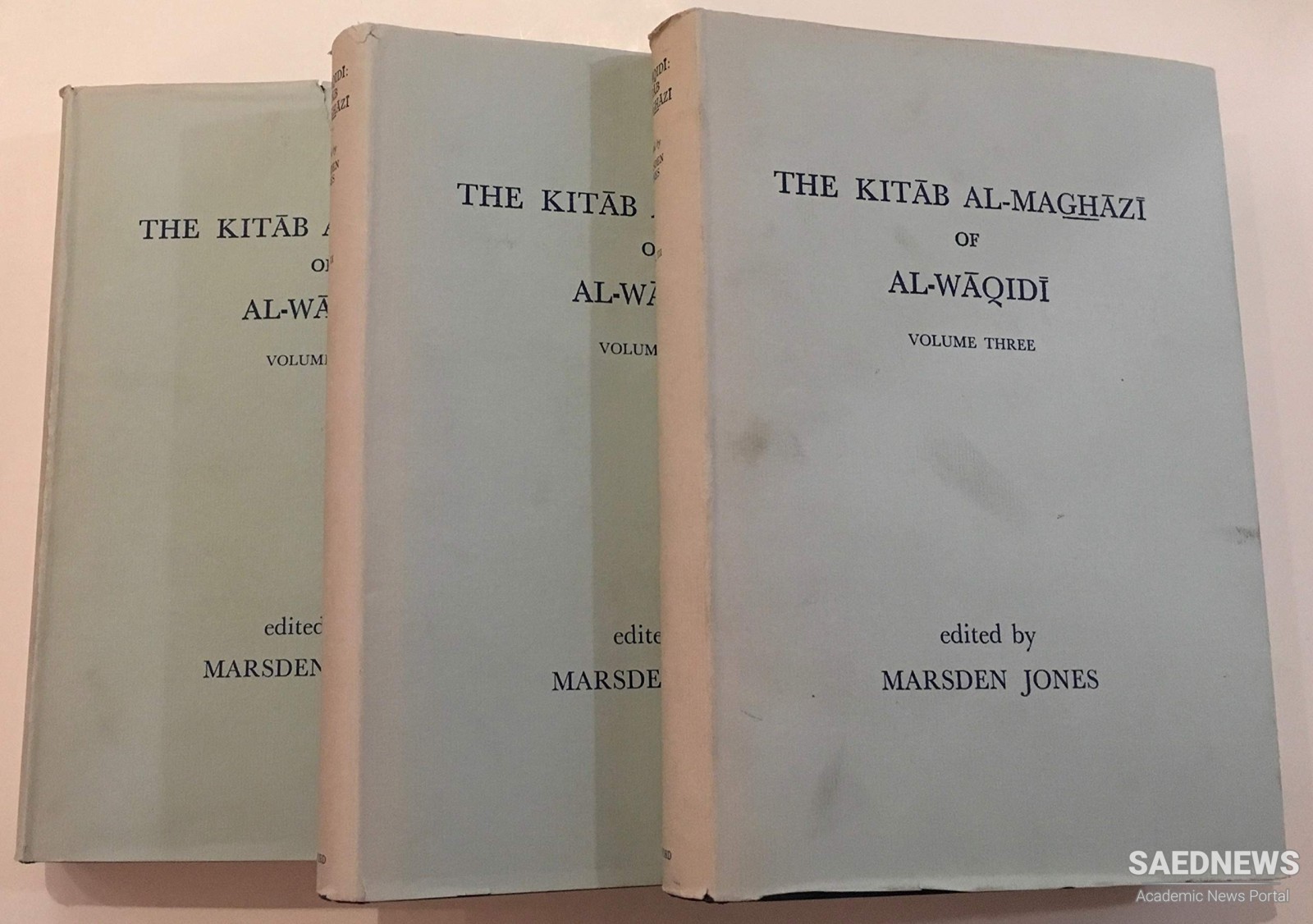Al-Wāqidī, in full Abū ʿAbd Allāh Muḥammad ibn ʿUmar al-Wāqidī, (born 747, Medina, Arabia [now in Saudi Arabia]—died 823, Baghdad, Iraq), Arab historian, author of the Kitāb al-maghāzī, a well-known work on the military campaigns (al-maghāzī) of the Prophet Muhammad. As a youth al-Wāqidī is said to have been such an authority on the sacred cities of Mecca and Medina that he was guide to the ʿAbbāsid caliph Hārūn ar-Rashīd during the latter’s pilgrimage. Al-Wāqidī became a grain dealer but eventually fled to Baghdad to escape his creditors. Yaḥyā ibn Khalid, the vizier there, gave him money and, some reports say, made him qāḍī (religious judge) of the western district of the city. In 819 al-Wāqidī was appointed qāḍī of Rusafah on the east side by the caliph al-Maʾmūn, who was his close friend and later his executor. Al-Wāqidī is said to have written about 21 books, largely historical, including histories of the cities of Mecca and Medina. Some works also dealt with the Qurʾān (Islamic sacred scripture), fiqh (jurisprudence), and Ḥadīth (tradition). Only the Kitāb al-maghāzī, a monumental chronology, survives (Source: Britanica).


 Ali Ibn Tabari: Iranian Medical Mind in Middle Ages
Ali Ibn Tabari: Iranian Medical Mind in Middle Ages














































